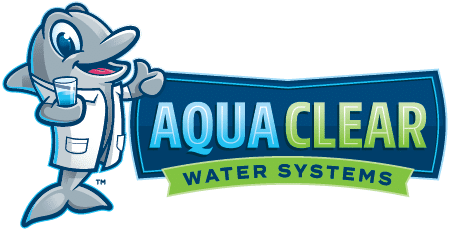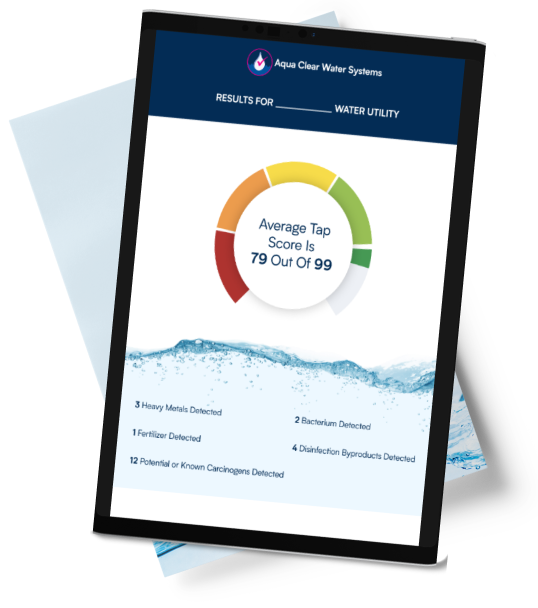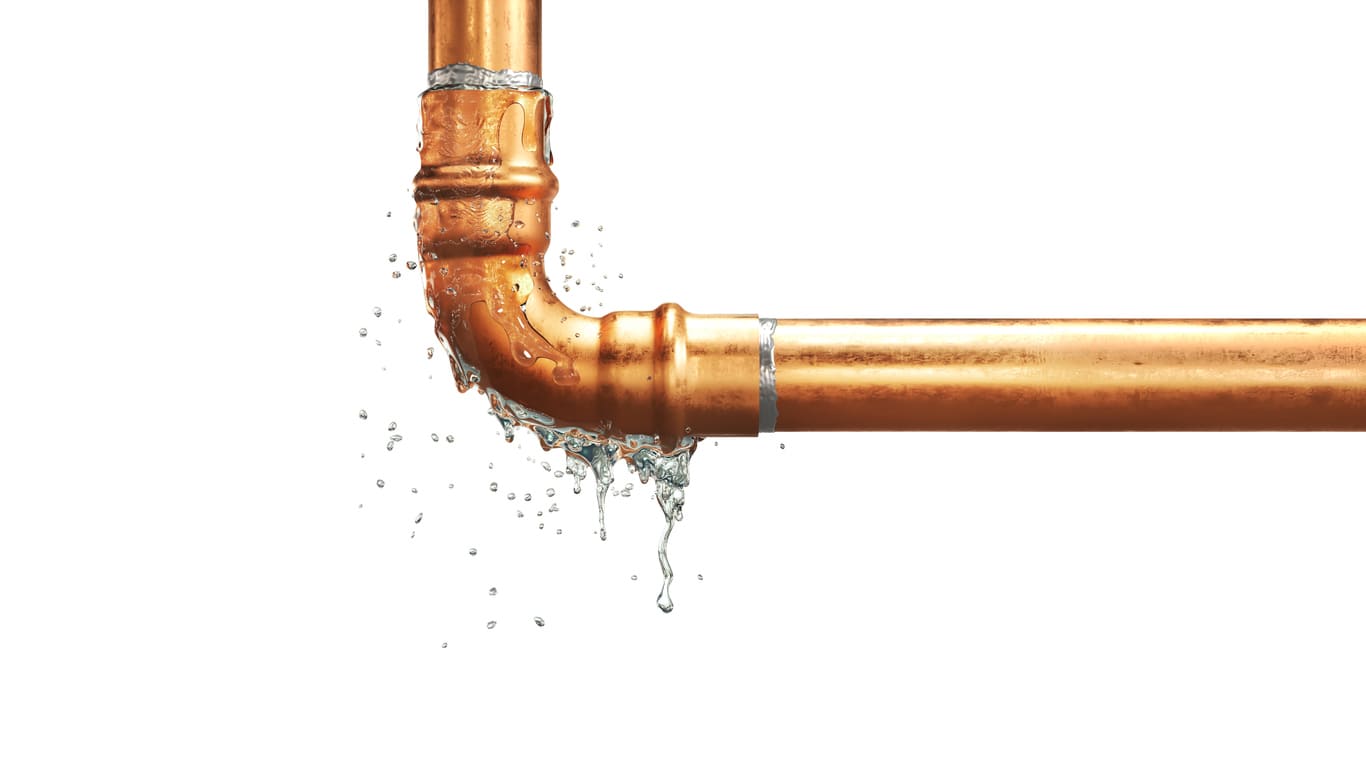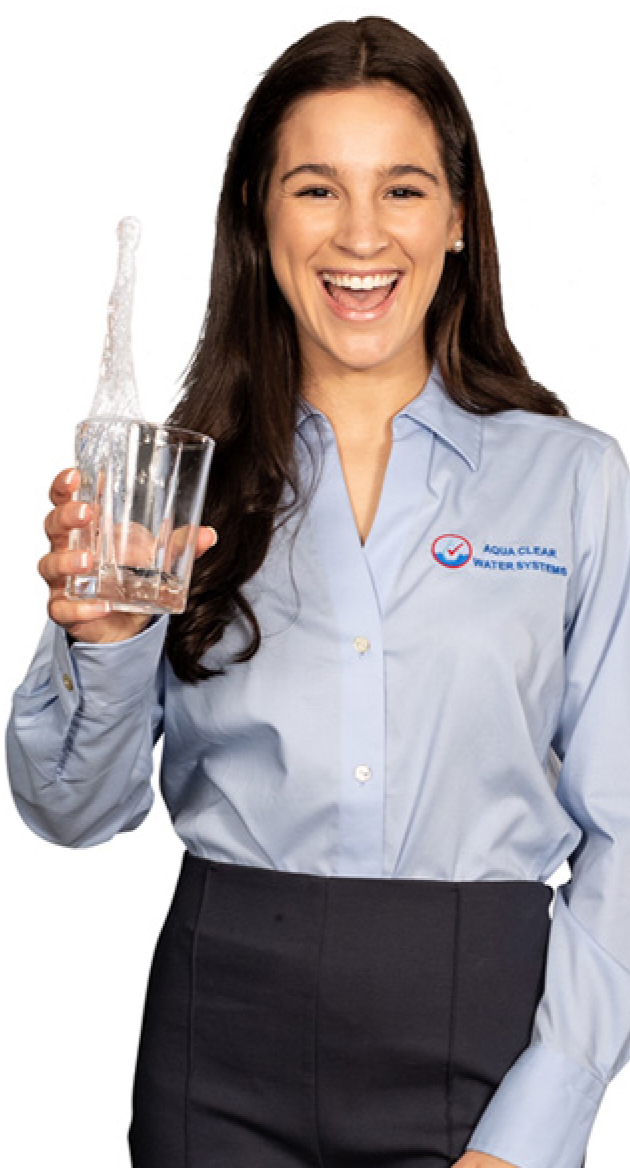You may not realize it, but the mineral compounds present in your drinking water can have a significant effect on your finances. Hard water, which affects roughly 85% of the United States, can be responsible for costly damage to your plumbing, pipes and appliances over time and if you want to get ahead of this, it’s vital that you understand the problem and the potential solutions.
By doing so, you will improve your quality of life, save yourself some money and protect your home against hard water damage.
Does Hard Water Damage Pipes?
Hard water is water with a high mineral content. This is usually calcium or magnesium primarily, though there may be a mix of other minerals present. These minerals can leave deposits in your pipes over time, which may lead to clogging and blockages.
When hard water is heated, some of the water will evaporate, even inside pipework. This causes some of the minerals in the water to solidify into scale (sometimes known as limescale) which can accumulate in the pipes and restrict water flow. Restricted water flow can reduce your water pressure from faucets and damage pipes, even those made from materials largely resistant to scale.
The damage done to plumbing is rarely immediate. It builds up over time, little by little as scale accumulates and grows. In the long-term, you may experience leaks, blocked pipes and an increased strain on your plumbing system that affects the whole home and may need pricey repair work to get everything functioning as normal again.
How do I Know if my Pipes are Being Damaged?
If you don’t have an extensive knowledge of plumbing, it can be difficult to tell from the outside if your pipework is being damaged by hard water. However, there are some visible outward signs that you should not ignore.
You may notice your water pressure is lower than usual. This could be due to a buildup of scale in the pipes, preventing water from flowing at its usual pressure to your faucets. You might see that taps begin to show a white or chalky substance building up where water emerges, or this might be visible on stainless steel sinks.
These are mineral deposits of calcium or magnesium that can take a lot of scrubbing to remove. Finally, you could notice that water drains more slowly than usual from sinks, baths or showers. With no other obvious sign of blockage, this could signal that pipes are filling with scale and beginning to narrow as a result.
We recommend professional inspection of your plumbing if you suspect hard water damage. Once you are informed of potential damage caused, this will help you decide on a course of action for repair and for future prevention of issues.
Does Hard Water Corrode Copper Pipes?
As a homeowner with copper plumbing, it’s likely that you are beginning to be concerned. Does hard water ruin copper pipes? Well, copper is a durable metal, but hard water can speed up the process of corrosion due to its mineral content and increased acidity. So far in this article we have largely discussed the issue of scale build-up, and while corrosion is a related issue, it is very different.
H3: Scale Build-up
Over time, the minerals present in hard water can settle and solidify inside your pipes, creating a layer known as scale or limescale. This makes the inside of the pipe narrower, making it harder for water to flow at the optimum pressure.
This doesn’t immediately wear away the metal because the pipe remains perfectly intact, however it does create a surface where problem debris can gather which may accelerate issues of corrosion.
H3: Corrosion
Corrosion is the breaking down of metal due to chemical reactions. This can happen in copper pipes if the water is acidic or if it contains dissolved oxygen. You may notice corrosion in the following ways: pinhole pipe leaks, a sudden metallic taste in your water, or discoloration of water from faucets.
Corrosion weakens the pipes and may be worse if scaling is also present. Scale can trap water against the surface of the copper, allowing it to eat away at the metal more quickly.
How can Hard Water Damage my Appliances?
In hard water areas, any appliance which uses water is at risk of damage from scale and corrosion. This includes water heaters, dishwashers, washing machines and coffee makers.
You might notice that your glassware comes out of the dishwasher looking slightly cloudy (it’s not dirty, it’s just covered in mineral deposits from the hot water.) Or your clothes and towels may feel a little stiff after washing, even with fabric conditioner.
These examples are mere inconveniences in the 21st century, but scale from hard water can lead to significant damage to your appliances. Scale build-up can reduce the energy efficiency of appliances as it means the heating elements must work harder to heat the water.
The appliance’s lifespan may be shorter due to overworked elements, or you may end up paying for expensive repairs to keep your appliances running in peak condition.
Can I Prevent Hard Water Damage?
There are ways to solve the problem of hard water damage in your pipes, plumbing and home. In the short term, you will need extensive cleaning products and descaling products to deal with the aftereffects of limescale. But this can be time consuming, and you may wish to avoid harsh chemicals in your home for a variety of reasons.
In the long-term, you might consider fitting a water softening system. These systems use a process known as ion exchange to remove the ions of calcium and magnesium in your water supply, replacing them with sodium ions.
The reduced mineral content of the water greatly reduces the damage to your plumbing and appliances due to hard water and negates the inconveniences of living with hard water (dry skin, dry hair, unpleasant-tasting water.)
Preventing the damage from hard water is more cost-efficient in the long term than constantly repairing or replacing your appliances.
You will need to maintain a water softening system with salt and professional servicing at regular intervals, but it is a world away from constantly catching up to the damage caused by hard water and limescale.
Conclusion: How Aqua Clear Water Systems can Help
Our message is clear: hard water is silently damaging your plumbing, pipes and appliances every day. It leaves scale build-up and accelerates corrosion, damaging your plumbing and costing you money.
Aqua Clear Water Systems can provide a solution, by supporting you to choose a water softening system that suits your home and water consumption. We are a leading provider of water filtration and pride ourselves on the quality of information we can give and the quality of workmanship from our colleagues.
Explore your water-softening option on our website today or call us to see how we can stop the hard water damage to your home.







